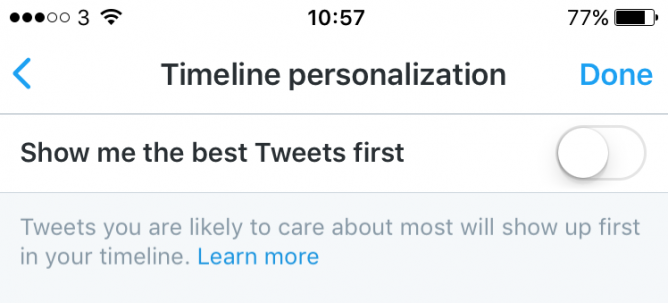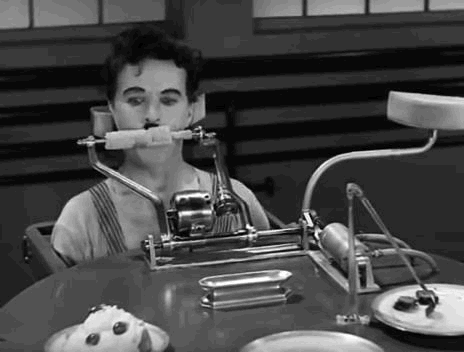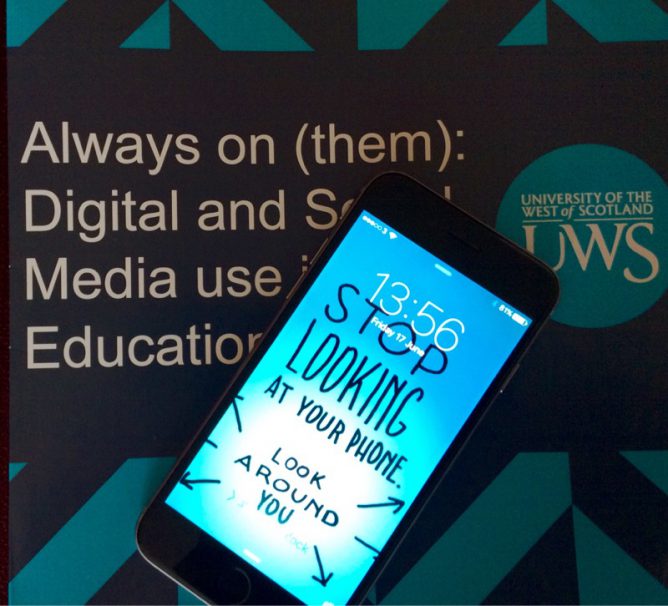I just spent Saturday and half of Sunday at WordCamp Edinburgh 2017. This is only my third WordCamp, but I though it might be worth typing up a few impressions.
The camp was very nicely organised, ran to time, had good food, the venue was great. Minimal friction for attendees.
The vibe was quite like a TeachMeet although most of the presentations were an hour long and a bit more formal. I guess Wordcamp like TM has its roots in Bar Camp? Compared to a TeachMeet the sponsored were more visible and more part of the community. This felt fine as I guess most of the attendees were professional working alongside the sponsors. (I am not a fan of the over sponsorship of TeachMeets)
The talks were very varied, some technical, some business related. All the ones I went to were informative and enjoyable. There seemed to be a strong strand about using WordPress for the good, democracy and social change.
Social Good
Two of the keynotes were to do with this idea of social good. The opening one on day one was by Leah Lockhart, who talked about helping community groups and local politicians to communicate. I felt there were a lot in common with eduction. Schools have embraced online communication in the same sort of way, veering towards twitter ( probably less Facebook that community groups) as an easy way to get messages out. In the same way they lose control of their information and its organisation. Leah spoke of the way WordPress could give you a better long term result.
Leah also explained that it is hard for community groups to be able to design how their information gets out. I think we are at the point where WordPress is easy enough to use the difficulty comes in using it in a strategic way that maximises its potential. I’ve got a fair bit of experience in helping schools use WordPress in a practical sense and there is plenty of online help for that. There is a gap to be filled in the preparation and planning. If this is solved for community groups it might be easy to repurpose the information and processes for education.
Bridget Hamilton spoke of Using WordPress to create social change. Her story of her site Verbal Remedy was inspirational. A blog provide effective communication without much in the way of backing.
Technical
I went to a few of the more technical talks.
Mark Wilkinson spoke of ‘a deep understanding of actions and filters’. Since I mess around with code in WordPress at a very basic level this was a really useful talk for me. It was just pitched at the right level. I’ve used these with only a basic understanding. I think Mark got me to the point I could being to understand things a lot better the next time I dip in. Mark’s Slides
Tom Nowell spoke about the WordPress Rest API for beginners, he meant beginners with the API not generally. I held on by the skin of my teeth. Luckily I follow Tom Woodward and had played with the API in a much simpler way than either Tom documented. Yesterday I added a wee bit to my homepage to pull in the last status from my blog! Tom’s Slides
Franz Vitulli talked about aspects of the pull between Social media and blogging it was good to hear another view of the area I’ve been reading and thinking about from an indieweb point of view.
Progressive Enhancement
Ben Usher Smith gave this talk, at first I thought it was a bit out of my wheelhouse, but it became apparent that the process of progressive enhancement can be applied to any sort of enterprise. I hope to be more aware of this when planning for my class next session. Ben’s post Progressive enhancement — More than just works without JavaScript on medium.
Even More…
I went to a few other talks all of which I enjoyed. Even the ones I though I was choosing almost at random had something interesting to them. Often it was in thinking about how the ideas or principles fitted into my world.
I took notes during the talks using Little Outliner 2, this meant I could publish as I went along: Notes from #wcedin. I am really liking using an outliner for this process, although I don’t think an iPad was as good as a laptop would have been. There are a few different links and thoughts there.
After I got back I feed the twitter hash tag into Tags, Martin Hawksey’s tool. This gives me TAGSExplorer: Interactive archive of twitter conversations from a Google Spreadsheet for #wcedin .
I probably missed a few opportunities to talk to folk, I found myself feeling a bit less social than I do in my TeachMeet comfort zone. But the atmosphere was very relaxed and inclusive. I’d recommend educators with an interest in blogging to join in if there is a Wordcamp near them.





